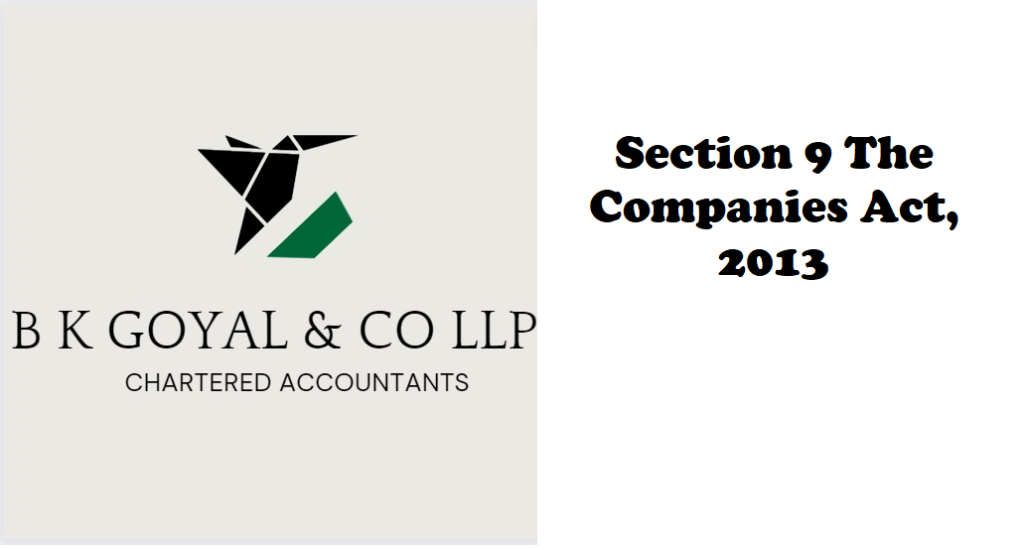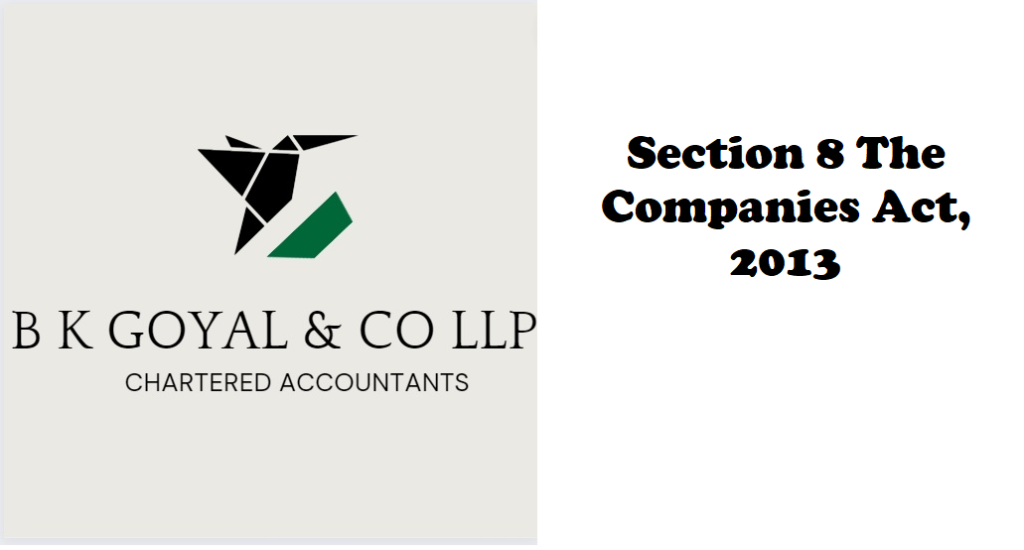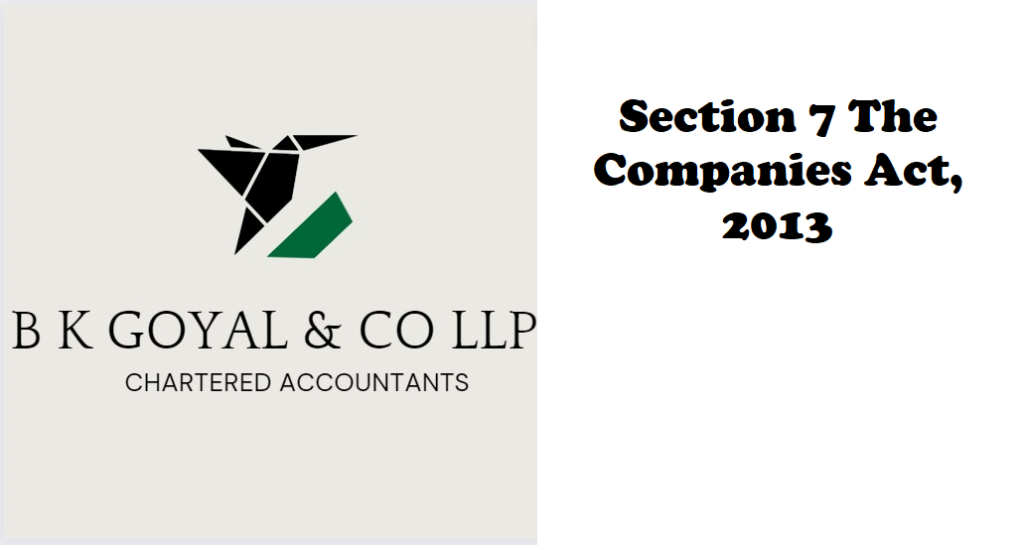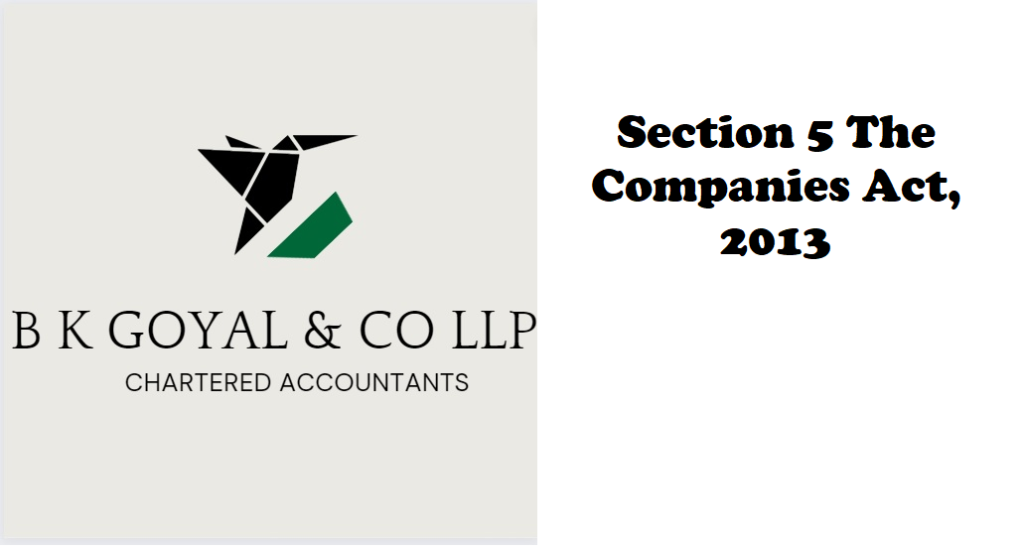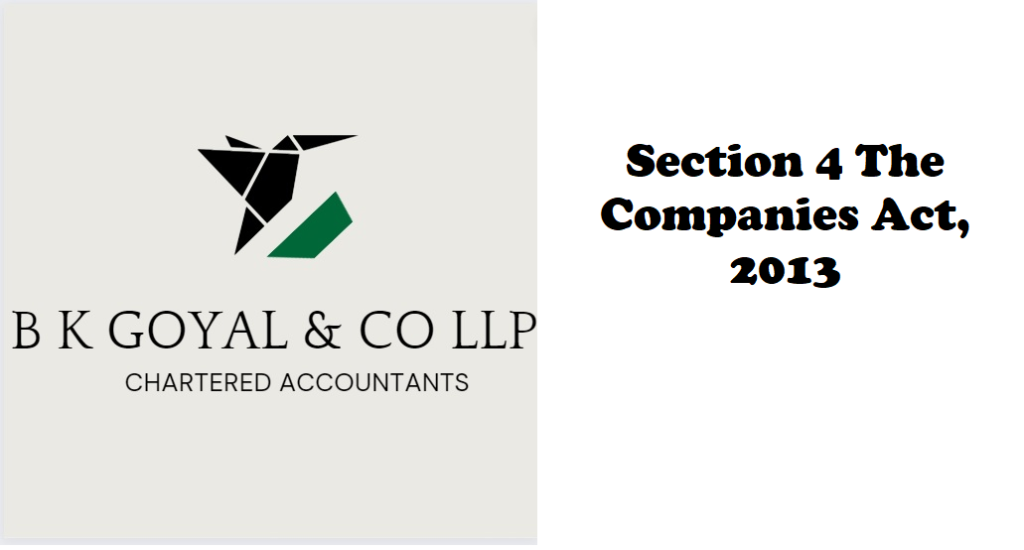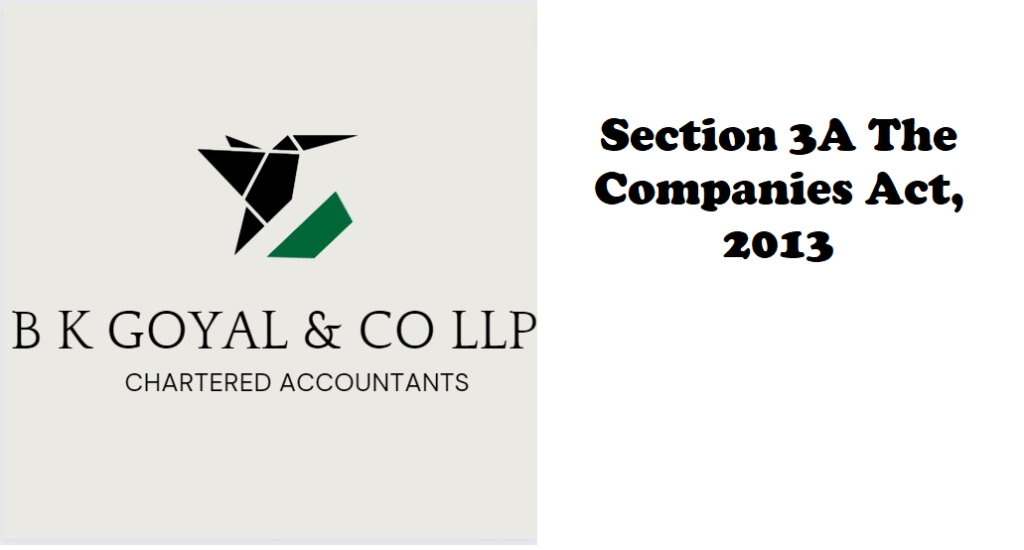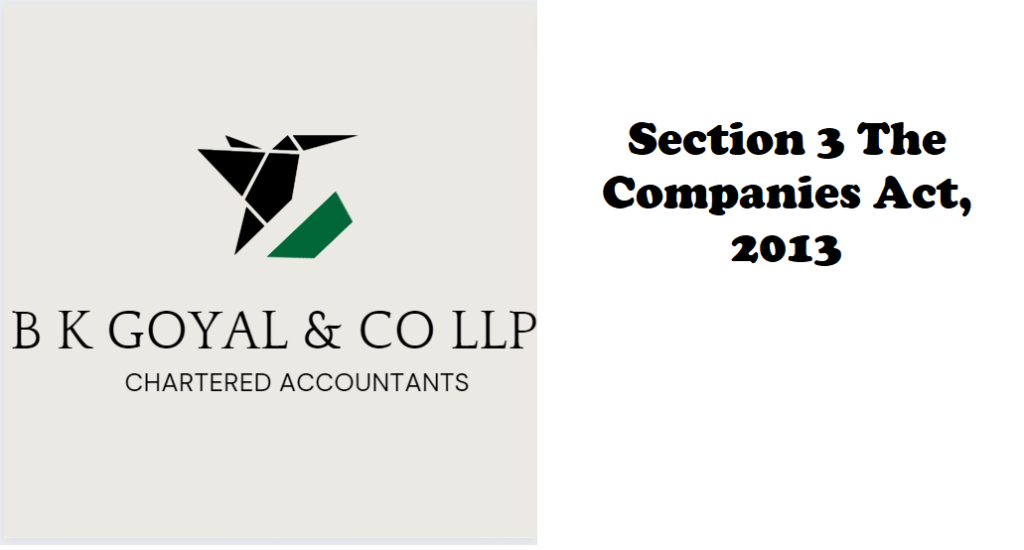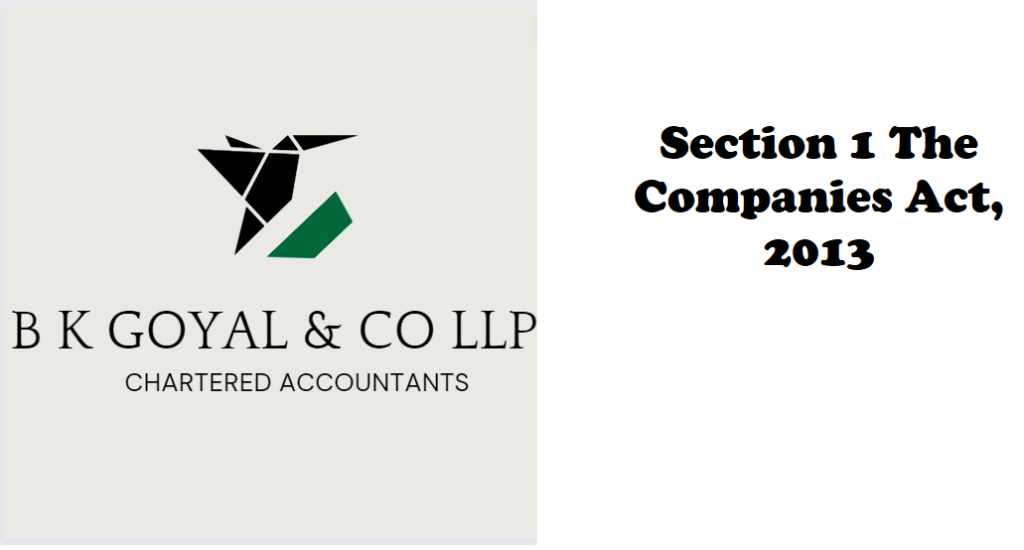Section 9 The Companies Act, 2013
Effect of Registration From the date of incorporation mentioned in the certificate of incorporation, such subscribers to the memorandum and all other persons, as may, from time to time, become members of the company, shall be a body corporate by the name contained in the memorandum, capable of exercising all the functions of an incorporated company under this Act and having perpetual succession 1[Omitted] with […]
